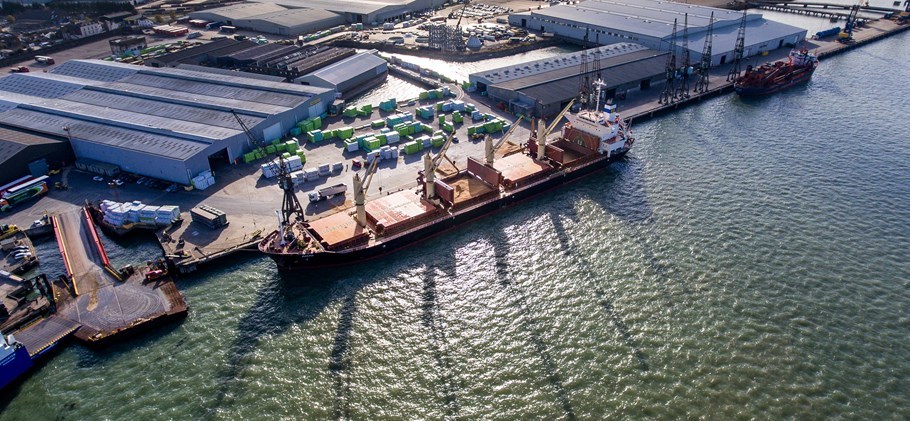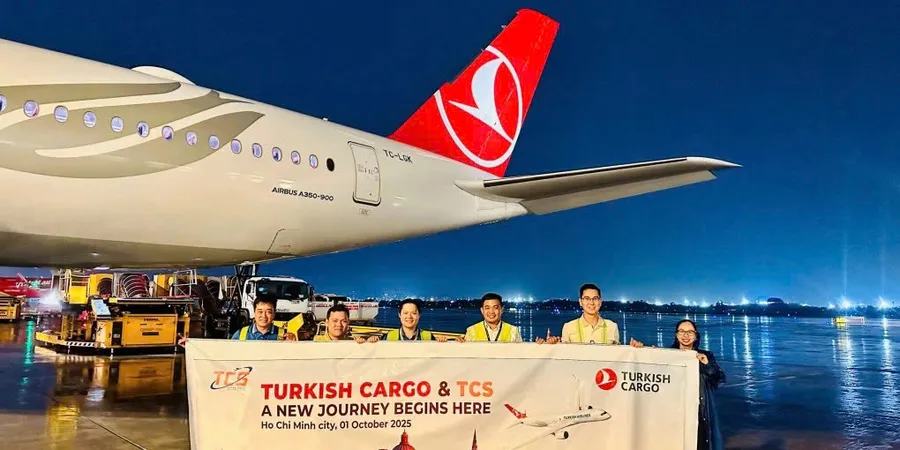London Medway reports signficant growth in trade as congestion issues plague South East ports
London Medway, part of the Peel Ports Group, has reported a significant increase in unaccompanied freight trade in recent weeks, between the United Kingdom and France amid ongoing delays at the port of Dover.
The cross-channel service, which is run by DFDS, has seen a 34% increase in units in the last fortnight as congestion issues continue to plague South East ports, according to a statement, while the rise in demand for the service, between Sheerness and Calais, has seen individual vessels recently carrying more than 200 units and the route has proven extremely popular
“Peel Ports has argued for many years that the solution to the South East congestion is simple. Rather than travel as accompanied freight, cargo that is non-perishable can move on unaccompanied services through more reliable routes such as London Medway,” said Richard Goffin, port director at London Medway.
“Although the sea-leg is longer, routing via regional ports such as London Medway is just as efficient as the existing options through the Dover Straits, as road miles are reduced. These journeys also allow for clearance checks to be completed without the pressure of a 90-minute crossing increasing throughput and capacity,” he added.
The route also experienced a 30% increase in unit volumes between April and June this year compared to the last six months of 2021, during a time when Dover again faced issues with P&O.
The volume increases on the service, which launched in June 2021, have exceeded market expectations and support Peel Ports’ long-term future in delivering a viable and sustainable alternative route for the UK’s supply chain, according to Peel Ports' statement.
“We’ve become dangerously reliant on Dover and the Channel Tunnel, with 75% of the trailer freight market between north-west Europe and Britain passing through this pinch point. The solution provided by DFDS and London Medway evidently works and it’s fantastic to see such a strong increase in trade, demonstrating the willingness of our supply chain to consider alternative route options that increase efficiency,” concluded Goffin.
Source: Container News





